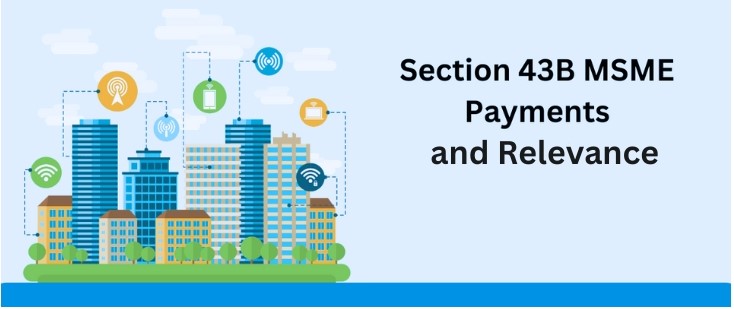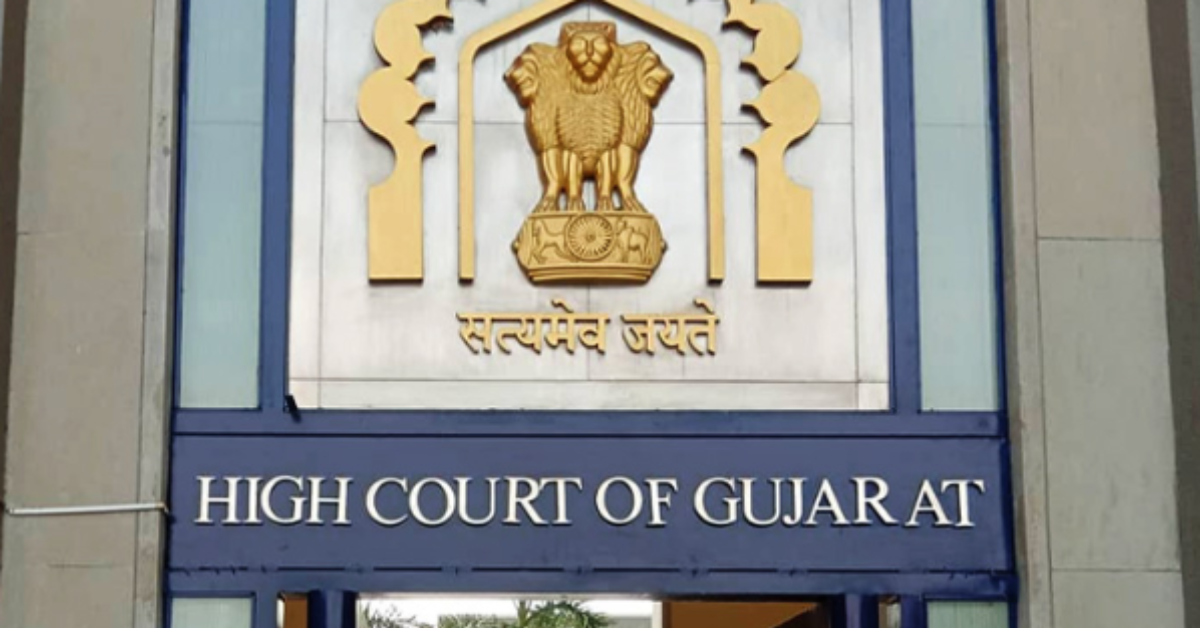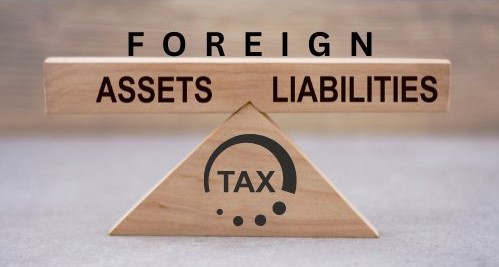Category: Income tax
Understanding Section 43B of the Income Tax Act and Its Relevance for MSMEs
In India, small and medium-sized enterprises (MSMEs) play a crucial role in driving economic growth, creating jobs, and contributing to the country’s GDP. While MSMEs enjoy several benefits under government schemes and policies, navigating the tax landscape can be complex. One key section of the Income Tax Act that impacts MSMEs is Section 43B.
This blog will break down Section 43B of the Income Tax Act, its significance for MSMEs, and how businesses can benefit from it. We will also highlight the most important keywords related to tax compliance for MSMEs, helping you understand your obligations and ensuring you stay compliant
What is Section 43B of the Income Tax Act?
Section 43B of the Income Tax Act, 1961 deals with deductions for certain expenses only if the payment for those expenses is made within the prescribed time limit. In simple terms, it allows businesses to claim certain expenses like taxes, employee benefits, and interest only when the payment has been actually made and not when it is incurred.
Under Section 43B, businesses can claim tax deductions for the following expenses:
- Employee Provident Fund (EPF)
- Employee State Insurance (ESI)
- Taxes and Duties (e.g., GST, TDS)
- Interest on loans
- Bonus payments to employees
- Gratuity payments
This provision was introduced to ensure that businesses do not enjoy tax deductions without actually paying the liabilities.
Why is Section 43B Important for MSMEs?
MSMEs often face financial constraints, which can make it difficult to make timely payments of statutory dues. However, understanding Section 43B is vital, as it can significantly affect the tax benefits for MSMEs. If an MSME does not pay the specified expenses on time, they will lose out on the deductions available under Section 43B.
Key Points About Section 43B for MSMEs:
-
Actual Payment Is Required for Deductions: Under this section, deductions can only be claimed in the year when the payment is made. This ensures that businesses cannot claim deductions for expenses that have been accrued but remain unpaid.
-
Time Limit for Payment: The law specifies a time limit by which payments must be made to claim the deduction. For instance, payments for employee benefits (EPF, ESI, etc.) must be made by the due date for filing the income tax return.
-
Affects Cash Flow and Financial Planning: MSMEs need to maintain healthy cash flow management because failing to pay certain expenses on time can lead to a loss of tax deductions. This highlights the importance of managing liabilities efficiently.
-
Relief for MSMEs in Difficult Financial Situations: Though MSMEs face financial pressures, Section 43B offers some relief. Payments made before the due date of filing the Income Tax Return can still be deducted, even if they are not paid within the same financial year. This gives MSMEs a window to make payments and claim deductions.
Impact of Section 43B on MSME’s Tax Filing
Understanding Section 43B is crucial for MSMEs when filing tax returns. Even though businesses may have incurred the expenses, they cannot claim deductions unless the payment has been made. Hence, businesses must ensure timely payment of taxes, employee benefits, and other eligible expenses to avail of tax benefits. This compliance also reduces the chances of attracting penalties or interest on delayed payments.
What Expenses Are Covered Under Section 43B for MSMEs?
Section 43B applies to the following categories of expenses:
-
Taxes, Duties, and Cess: Any statutory dues like GST, TDS, excise duty, and sales tax that are due for payment are eligible under this section. MSMEs must ensure that they pay these dues on time to claim deductions.
-
Interest on Loans: Interest on loans (including working capital loans) paid by MSMEs can be deducted under this section if paid within the prescribed timeframe.
-
Gratuity and Bonus: Payments for bonus, gratuity, and other employee benefits must be paid within the statutory deadlines for them to be eligible for deduction under Section 43B.
-
Provident Fund (PF) and Employee State Insurance (ESI): Contributions to EPF and ESI must be made within the specified time limit, which is usually the due date for filing the return for the relevant year.
How Can MSMEs Ensure Compliance with Section 43B?
-
Timely Payments: The most crucial aspect of Section 43B compliance is making the required payments on time. MSMEs should have a proper system in place to track and ensure payments are made within the due dates.
-
Accounting Practices: MSMEs should adopt accurate accounting practices to maintain records of payments made under Section 43B. This will simplify the tax filing process and ensure that all eligible deductions are claimed.
-
Plan for Tax Deductions: MSMEs should plan their finances effectively by setting aside funds for statutory payments. This will help avoid missing payment deadlines and losing out on tax deductions.
-
Consulting with Tax Professionals: Working with a Chartered Accountant (CA) or a tax consultant can help MSMEs stay on top of their tax obligations. Professionals can guide businesses in maintaining compliance and optimizing their tax deductions.
Benefits of Section 43B for MSMEs
-
Tax Relief: Section 43B offers MSMEs the opportunity to claim deductions on important business expenses, reducing their tax liability. This can be a huge relief, especially during challenging financial periods.
-
Encourages Compliance: By linking deductions to actual payments, the provision ensures that businesses make the necessary payments on time, fostering better compliance with tax laws.
-
Improved Cash Flow Management: By understanding the requirements of Section 43B, MSMEs can better plan their cash flow and ensure that funds are available when needed to meet tax obligations.







